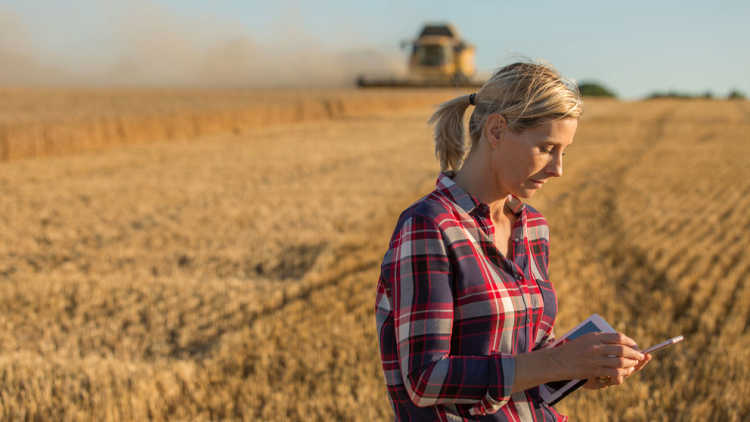How to choose the right successor in a farm transition

Choosing the right person to take over the family farm is essential in transition planning.
Bring in professionalism
Dr. John Fast, veteran business planning and transition specialist, points out that choosing which family member will be the next boss is often difficult for the older generation. Selecting can also be fraught with dangers – chances are, someone in the family will be upset. Yet Fast says choosing a successor should be a top priority. Avoiding the decision can leave farm families stuck and unable to move forward with transition plans.
Add professionalism to farm transition by forming a search committee to determine who will take over the farm.
“No matter who you pick, you’re going to alienate someone. And the person you pick may not feel like they really deserved it anyway,” says Fast, referencing a past client who had to pick one of three sons.
He suggests the exiting generation form a professional search committee to conduct a hiring process, including resumes and interviews. Once the facts are presented and a third party is brought in to make a succession recommendation, it may remove some tension among family members.
Look beyond family
Jolene Brown, a business consultant, speaker and Iowa farmer, agrees with bringing in outside help to identify a successor. She says it’s important to define what’s needed to lead the business – also consider experience, education, character, personality and more.
And, she adds, you may need to do a broader search for just the right person to take over the farm.
“The next best leader of operations is sometimes not a family member,” says Brown. “Whoever you chose, if it’s a family member, make sure it’s right before you hire them because it’s darn hard to fire them.”
How to start
Begin transition planning with the farm business structured, so land ownership is separate from operations, Brown recommends. The business will be separated into what she refers to as “the crops, critters, machinery and people.”
Initially, keep the land under the outgoing generation. This method provides additional financial security in the form of rent. This gives the outgoing generation time to be reassured operations are being transferred to people who genuinely know how to operate the business.
At the same time, the younger generation learns to manage the business, earning incremental land ownership while respecting the senior generation’s legacy by reporting finance and business goals.
“The next generation is very eager to operate as a professionally run business, and they can expand into a professional business model, while still honouring the older generation,” Brown says.
Work through conflict
Fast points out that not all transition planning conflicts can be avoided, no matter how well prepared a farm family may be. He says it’s common for one party in the transition process to want a formalized process, while others think being professional is unnecessary. These disagreements are natural and normal, and with patience, there’s no reason the transition plans can’t move ahead.
Focus on completion
Brown says while transition planning is an often-dreaded process, it doesn’t have to be that way.
Instead, focus on the best parts of transition: peace of mind, family and business clarity, renewed motivation and assurance of a legacy.
5 tips to help find your next farm boss
Establish a common family farm vision to help resolve conflict during transition.
Take a professional approach to the process – set up search committees, if necessary, with third-party advisors making recommendations on staffing.
Start transition planning as early as possible.
Consider separating land from operations.
Define what the farm business needs, not who needs the business.

In the second webinar of the series, explore if you are financially ready for farm transition. Learn how to assess and summarize your current financial picture while considering your family dynamics.

